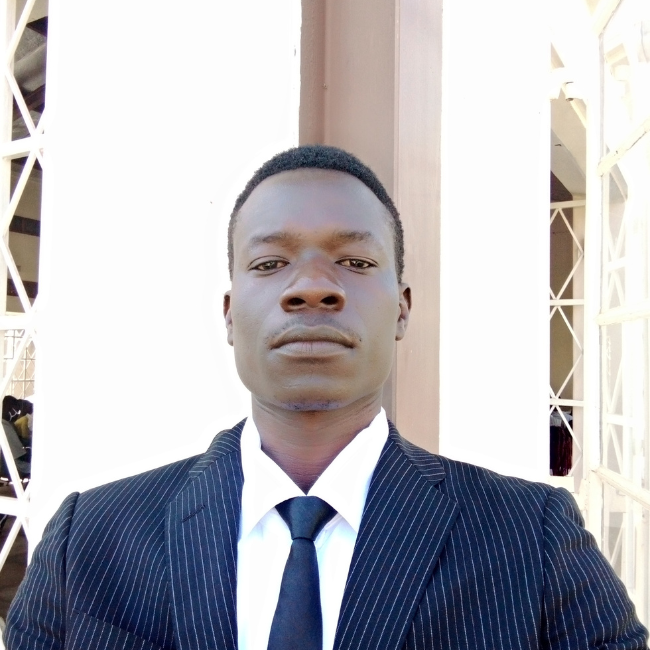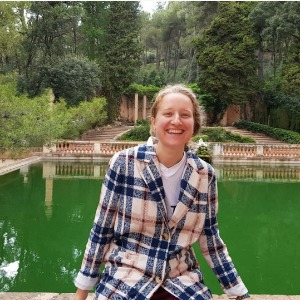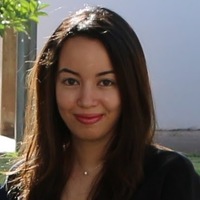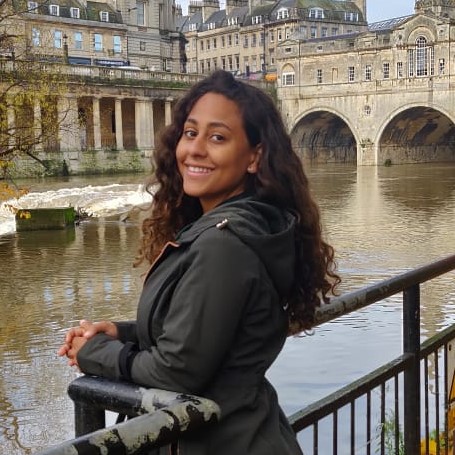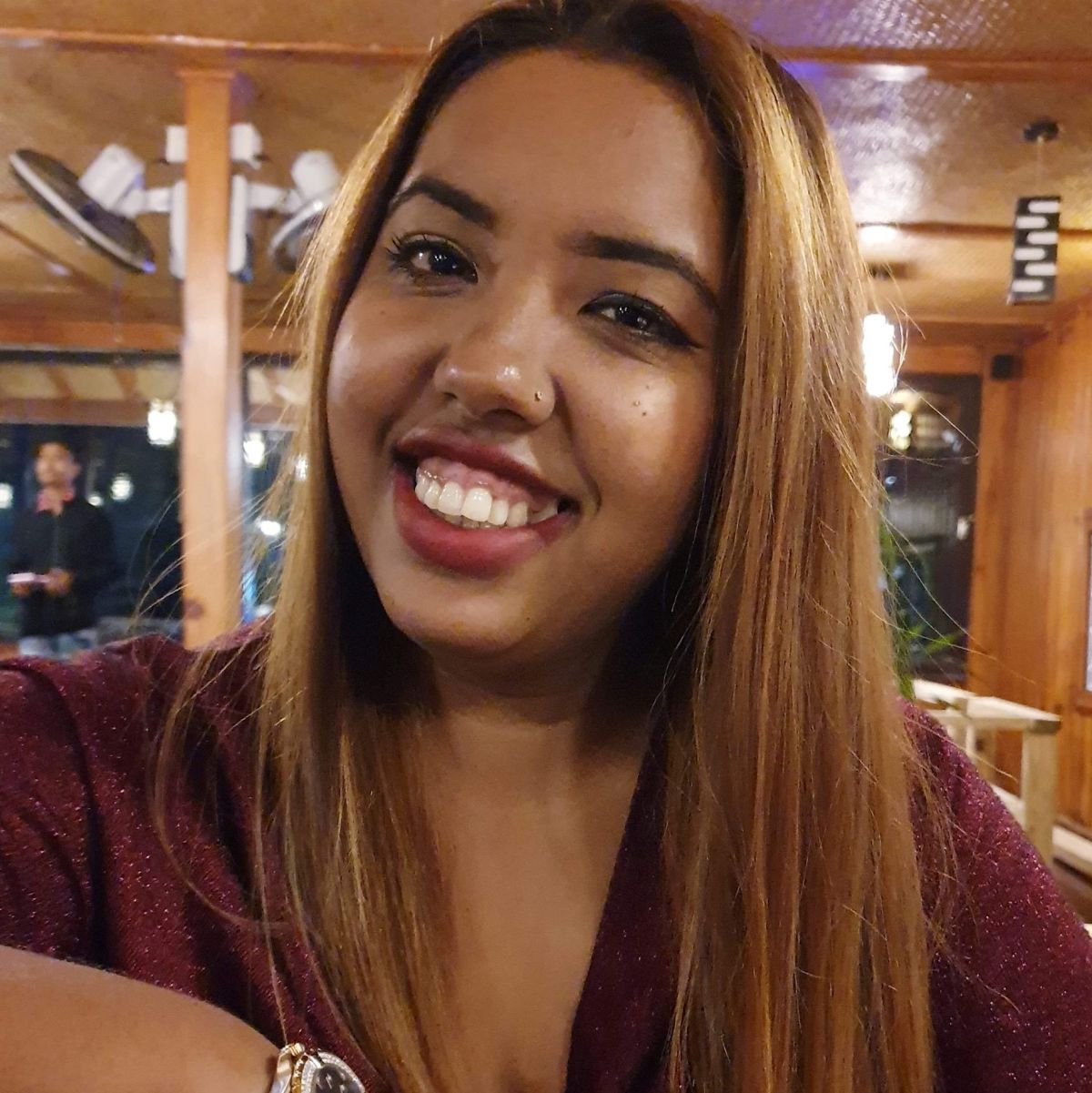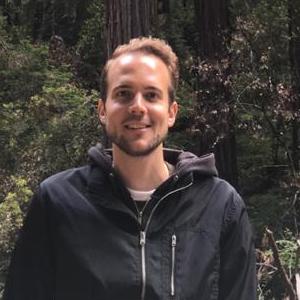La tolleranza Olandese è una Barriera per la Vera Accettazione delle Minoranze?
Gli omosessuali godono quasi totalmente degli stessi diritti legali degli eterosessuali e perciò sono formalmente accettati. Nonostante questo, la mia esperienza personale mi ha insegnato che l’accettazione sociale dell’omosessualità spesso dipende da una serie di condizioni differenti.
Netherlands, Western Europe
Story by Hugo Oms. Translated by Sati Nunziati
Published on March 27, 2020.
This story is also available in 






Durante questa settimana il quotidiano nazionale olandese ‘NCR’ ha pubblicato un articolo sui commenti razzisti che i cittadini olandesi con origini cinesi hanno dovuto subire dallo scoppio di epidemia di Coronavirus. Wendy Zeng, una studentessa olandese di medicina con genitori di origine cinese, racconta come due ragazzi tossivano e le gridavano ‘corona’ sull’autobus. La stazione ‘Radio 10’ ha anche trasmesso una canzone di carnevale in cui si sentono le parole: ‘I cinesi puzzolenti sono da incolpare’; un appartamento a Wageningen è stato imbrattato di feci con la scritta ‘I cinesi devono morire’. Wendy è rimasta scioccata dal razzismo che lo scoppio dell’epidemia di corona ha riportato in superficie, concludendo che gli olandesi si nascondono dietro alla loro stessa definizione di tolleranza. Wendy spiega: “Gli olandesi apparentemente ‘tollerano’ tutto ciò che è differente dalla norma, e evidentemente le persone cinesi deviano da essa. Questo è un problema di base, perché la tolleranza diventa una barriera per l’accettazione." Questa frase mi ha fatto riflettere: realmente gli olandesi si nascondono dietro la loro nozione di tolleranza, creando in questo modo una barriera per quella che è la vera accettazione delle minoranze?
Come olandese omosessuale concordo assolutemente con l’affermazione di Wendy. Gli omosessuali godono quasi totalmente degli stessi diritti legali degli eterosessuali e perciò sono formalmente accettati. Nonostante questo, la mia esperienza personale mi ha insegnato che l’accettazione sociale dell’omosessualità spesso dipende da una serie di condizioni differenti. Durante la mia adolescenza mi è stato detto mille volte quanto fossi in gamba per ‘essere gay’, perché non sono mai stato ‘stravagante’ né ‘femminile’. Sono stato molestato parecchie volte per strada e mi hanno anche buttato fuori da un night club a Rotterdam per essere stato ‘troppo affettuoso’ con il mio ragazzo. Il buttafuori non voleva ‘omosessuali che si sbaciucchiano’ nel locale e ci ha detto di andarcene in un gay bar. Quando ho fatto coming out una dei miei colleghi del tempo mi disse che per lei andava bene perché non mi comportavo come ‘quei gay che si vedono alla televisione’. L’accettazione della comunità lgbtqia+- sembra quasi essere dipendente da certe norme comportamentali (di genere): puoi essere gay, fintanto che tu non sia troppo femminile o stravagante, o finché non lo mostri troppo in pubblico. In questo senso la mia omosessualità sembra essere tollerata, ma, in definitiva, non sempre accettata.
Tutto questo significa che la tolleranza degli Olandesi crea una barriera che non permette la vera accettazione delle minoranze nei Paesi Bassi? Credo proprio di sì. Come già chiarisce Wendy la parola ‘tolleranza’ implica che un gruppo venga negativamente deviato da una norma determinata. In più, questo concetto enfatizza le differenze. Non fraintendetemi: i Paesi Bassi sono composti da una grande diversità di persone che percepiscono l’Olanda come casa loro. Nonostante tutto però, mi domando se questi differenti gruppi vivano insieme o solo uno accanto all’altro. A causa della nostra società multiculturale e della protezione legale delle minoranze, l’emancipazione delle stesse è spesso considerata ‘completa’. L’uguaglianza legale delle minoranze e l’incredibile varietà di persone potrebbero averci fatto perdere di vista la necessità di costruire e abbracciare le nostre differenze sociali piuttosto che semplicemente ‘tollerarle’. Dovremmo quindi spostare la nostra attenzione dalla tolleranza all’accettazione, perché, finché persone come Wendy continueranno a subire commenti discriminatori, l’emancipazione delle minoranze olandesi è ben lontana dall’essere completa.
How does this story make you feel?
Follow-up
Do you have any questions after reading this story? Do you want to follow-up on what you've just read? Get in touch with our team to learn more! Send an email to [email protected].
Talk about this Story
Please enable cookies to view the comments powered by Disqus.
Subscribe to our Monthly Newsletter
Stay up to date with new stories on Correspondents of the World by subscribing to our monthly newsletter:
Other Stories in Italiano
Explore other Topics
Get involved
At Correspondents of the World, we want to contribute to a better understanding of one another in a world that seems to get smaller by the day - but somehow neglects to bring people closer together as well. We think that one of the most frequent reasons for misunderstanding and unnecessarily heated debates is that we don't really understand how each of us is affected differently by global issues.
Our aim is to change that with every personal story we share.
Community Worldwide
Correspondents of the World is not just this website, but also a great community of people from all over the world. While face-to-face meetings are difficult at the moment, our Facebook Community Group is THE place to be to meet other people invested in Correspondents of the World. We are currently running a series of online-tea talks to get to know each other better.












